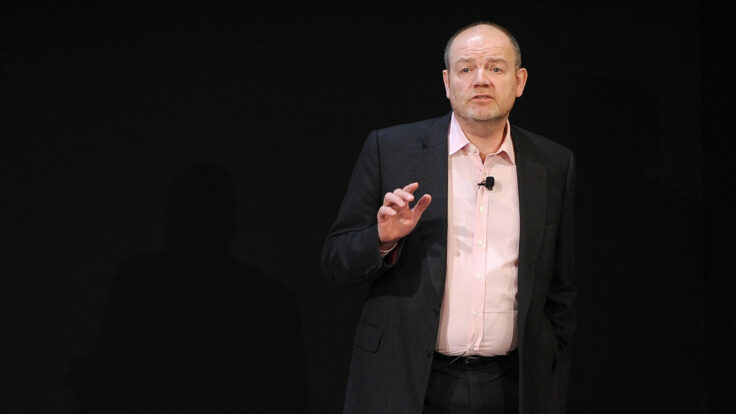Back in college, during my days as a fledgling right-leaning reporter, I applied for an internship at National Review, the flagship magazine of the conservative movement. At the time, National Review Online was run by Jonah Goldberg, and as a digital native obsessed with the early internet, “The Corner”—NRO’s daily blog, which featured musings from across the masthead—was my first interaction with the work of the decades-old magazine, and the conservative movement in general. I was obsessed with Rich Lowry and Kathryn Jean Lopez, pored over William F. Buckley’s past work, and I even managed to get a satirical video of mine posted on the site in 2010. In my internship application, I described the magazine as a “roadmap of the right” and an example of what conservatism can do at its best: not just stand athwart history yelling stop, but offer thoughtful political alternatives when the march of progress occasionally heads over a cliff.
In the decade-plus since then, of course, the world has changed drastically, and the “conservative” movement with it. National Review now competes with a multiplying number of right-wing media publications that push hyperpartisan content (Breitbart, The Daily Caller) and conspiracy theories (Gateway Pundit, Infowars), along with a slew of independent writers and Substackers who’ve gone solo (Bari Weiss, Andrew Sullivan) and disaffected liberals who’ve veered into a right-wing audience (Glenn Greenwald, Joe Rogan). The Weekly Standard shut down and was partially reincarnated as the staunchly anti-Trump site The Bulwark. National Review itself, after publishing a major 2015 editorial declaring the magazine “Against Trump,” also divided into pro- and anti-Trump factions. Today, the “road map of the right” is largely dictated by social media posts and memes, not to mention the mercurial whims of one Donald J. Trump.

















